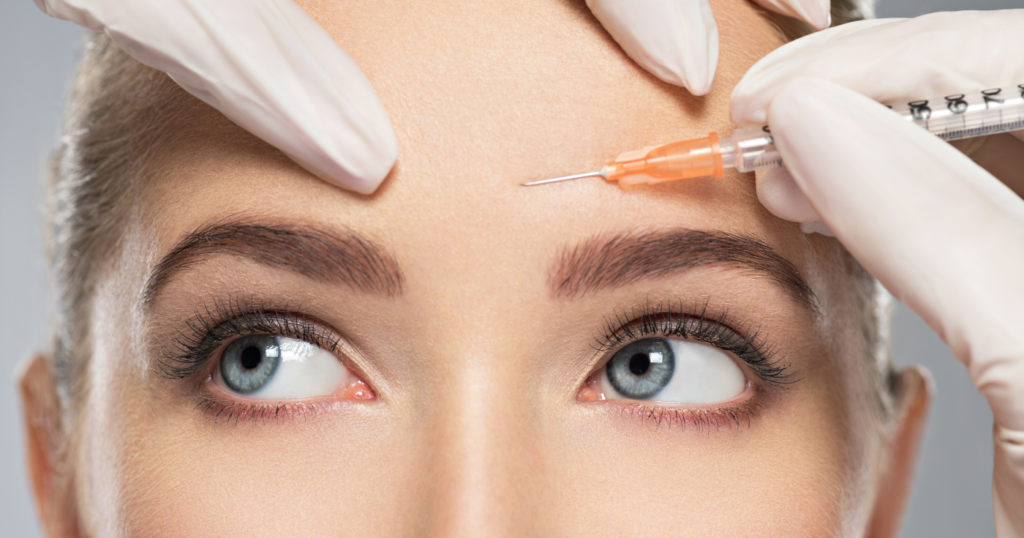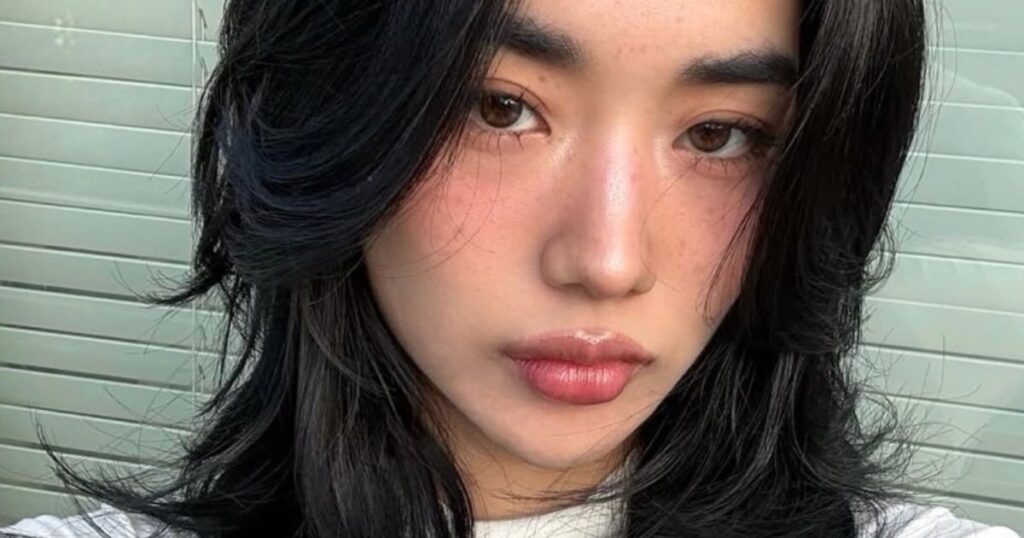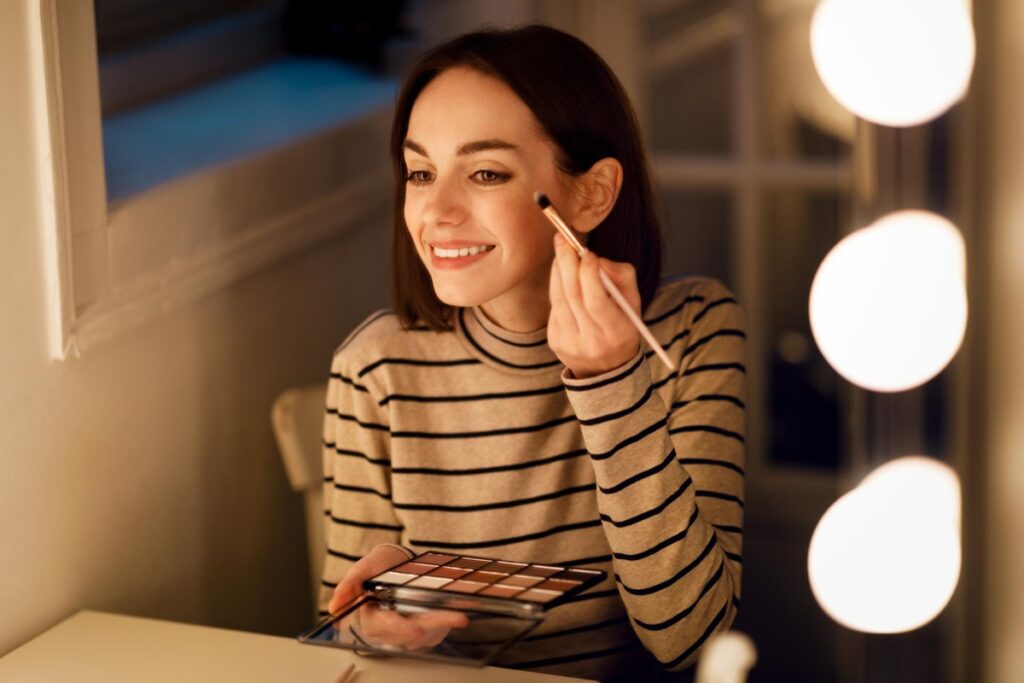Botox is often portrayed as a miracle solution for wrinkles, but before diving in, there are certain things I wish I had known. Amidst the misconceptions and promises, what’s the reality? Here’s my unfiltered experience, revealing the lesser-known aspects of this cosmetic treatment.
Botox, or botulinum toxin, is a medication used in aesthetic medicine to reduce the appearance of wrinkles and fine lines. It works by temporarily blocking nerve signals that cause muscle contractions. In other words, it “anesthetizes” the muscles responsible for wrinkles (like those on the forehead, between the brows, or around the eyes) and prevents them from contracting too strongly.
As a result, “This prevents new wrinkles from forming, and existing wrinkles—if they aren’t too deep—will naturally repair themselves with rest, eventually disappearing,” explains Dr. Koutsomanis. “There is a preventive and curative effect at the same time.” However, although it is renowned for its anti-aging effects, Botox is neither an immediate nor a permanent solution. Here are some nuances to consider before proceeding.
1. Pain Experienced During Botox Injections
Many people dread the pain associated with Botox injections. However, the experience is far less painful than one might expect. During the injection, the sensation is quick and manageable.
You might feel a slight tingling, akin to a needle prick, in areas like the forehead, between the brows, and around the eyes. The duration of the injection is so brief—barely a minute—that any discomfort is relatively minimal. It’s a small, bearable discomfort, especially considering the results that follow.
2. Side Effects of Botox: What to Expect
On the day of the injection, you may experience side effects that, while bothersome, fade quickly. After my session, I did experience sensations of tingling, like little mosquito bites tickling my face. This sensation, although uncomfortable, diminishes fairly quickly. However, caution: it may be followed by a slight burning sensation and/or a mild headache. This isn’t guaranteed, but it can happen.
Personally, I felt a slight headache, but it subsided within a few hours without leaving any trace. “These side effects are temporary and are part of the skin’s readjustment process to the injected product,” notes the aesthetic doctor.
3. After Botox Injection: Reactions and Sensations in the Following Days
In the days following the injection, you may feel a sort of tautness in the treated areas. On Day 1, I could move my eyebrows, but it was somewhat uncomfortable, as if my skin was stretched. This sensation intensified in the following days, making it difficult to move the forehead muscles.
By Day 5, I could no longer furrow my brows at all. It’s a bit unsettling at first, as you feel like you’re losing control of certain facial movements. Thankfully, this sensation fades quickly. In about 2-3 days, everything returned to normal, and I felt no further discomfort. By two weeks, the results were solidified (it will fade after 6 months), and any unease had completely vanished.
4. Botox Provides a Natural “Fox Eyes” Look for a Lifted Gaze
“Botox slightly lifts the tail of the brow, beautifully opening the eye in a subtle way,” explains Dr. Koutsomanis. A detail I wasn’t aware of! When people think of Botox, they often imagine a frozen face, but that’s not the case.
I opted for a “3 zones” Botox: the forehead, between the brows, and around the eyes. The result: not only did my forehead become perfectly smooth, but I also achieved a slight “fox eyes” effect. My eyelids were subtly lifted, giving my gaze a more open and dynamic appearance. The effect is natural, not at all “pulled” or exaggerated. Within a few days, I noticed an overall improvement in my gaze, which appeared brighter and more rested.
5. Guidelines to Follow After Botox Injection for Optimal Results
Finally, there are important precautions to take after Botox injections. The first 24 hours are crucial to ensure the treatment’s effectiveness and prevent any displacement of the product. Avoid intense exercise, as sweating could interfere with the results. Also, refrain from wearing makeup to avoid manipulating the treated areas.
Another prohibition: avoid sleeping on your side or stomach. Dr. Koutsomanis recommends sleeping on your back to avoid applying pressure on the injected areas, “which could lead to asymmetries.” These guidelines may seem inconvenient, but they are essential for ensuring that Botox works where it should.
Photo credit: Shutterstock




